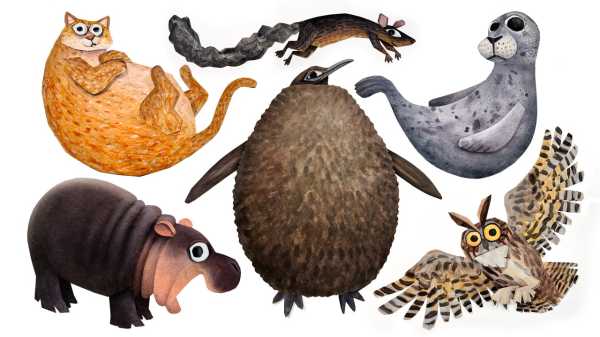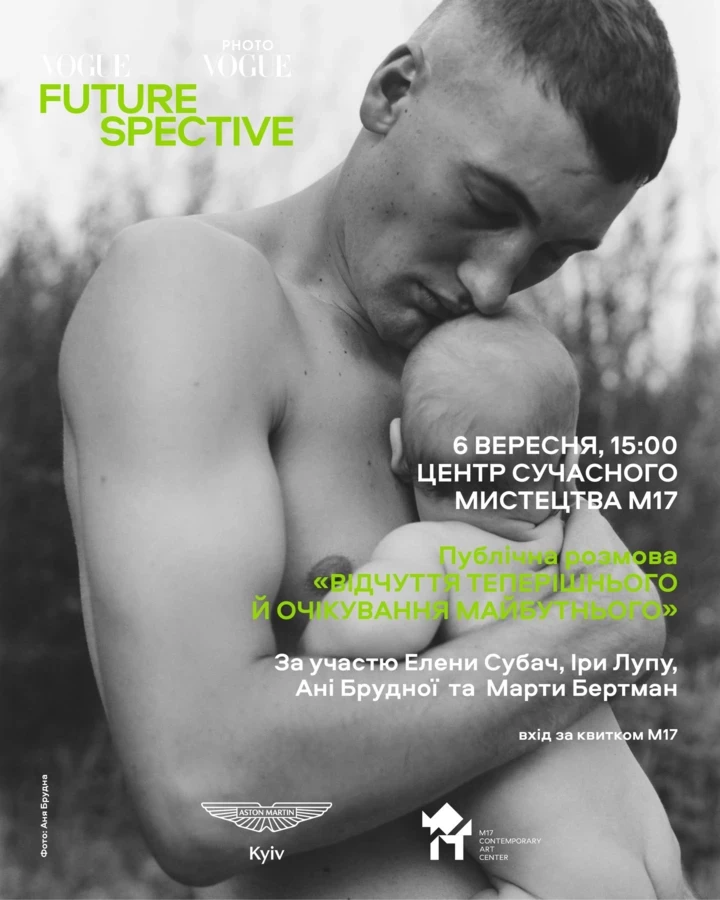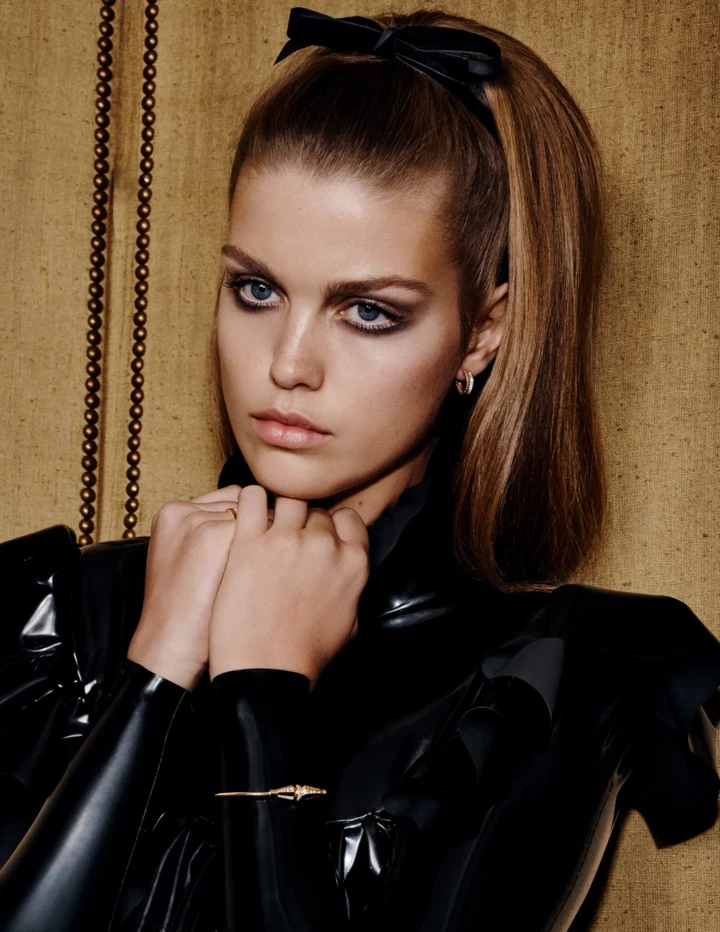
Save this storySave this storySave this storySave this story
Like many Internet users, I love nothing more than animal content. In the decade or so since I’ve joined Instagram, I’ve probably spent dozens of hours liking and commenting on posts documenting the trials and triumphs of, let’s say, to take a few totally fictional but totally plausible examples, a three-legged West Sussex cat who likes to take a bus to a fish-and-chip shop for a daily visit with the patrons, a skunk found by the side of an Alabama road who’s become best friends with its rescuer’s elderly beagle, or a disabled Angora bunny fitted with a tiny wheelchair, using it to tool around its Auckland sanctuary.
There was always a dash of soothing escapism to my scrolling, but this past year it struck me that what had always seemed a wholesome pastime might be turning into a little bit of a problem. The issue was that now I only wanted to look at animals. Looking at people had become too stressful, too painful. War, greed, abject idiocy—I was sick of them. And it seemed to me that I wasn’t the only one experiencing this malaise. It’s true enough that every year in recent memory has had its share of famous critters—who could forget Grumpy Cat (R.I.P.!) or Roger, the heavily muscled kangaroo (also R.I.P.!)—but, this year, I sensed a new, fevered desperation in our tendency to cling to the zoological world. The sculpture “Dinosaur”—a gargantuan aluminum pigeon by the Colombian artist Iván Argote, which was installed recently on Manhattan’s High Line—seemed to embody this kind of desire. We were so small, so helpless: for better or worse, we needed animals to distract us, even save us. What follows is a rundown of some of the year’s main characters.
Were this a competition (which it’s not: all animals are equally beautiful), Moo Deng would come in at No. 1. Who even knew what a pygmy hippo was before encountering this glossy, compact mammal? Not I. But, like many others, I discovered the breed in September, after Moo Deng—the name means “bouncy pig” in Thai—took the Internet by storm. Born in July in the Khao Kheow Open Zoo, in the Si Racha district of Thailand’s Chonburi province, Moo Deng achieved viral fame only a couple of months later, thanks to her feisty shenanigans and moist, fleshy appearance. From the jump, Moo Deng loved to raise hell. With her skin as sleek and lubed-up as that of young Arnold Schwarzenegger during his “Pumping Iron” days, and her toothless maw seemingly always ajar, she became a sensation: videos of her biting anything and anyone in her vicinity, slithering repeatedly out of her keeper’s grasp, or frolicking clumsily around her enclosure, have received many millions of views on Instagram, TikTok, YouTube, and X. In early November, she even ventured into politics when she was presented with two cakes made of fruit—one decorated with Donald Trump’s name and the other with Kamala Harris’s—and chose to eat the former, correctly predicting the American election’s outcome. Somehow, she seemed to know better than us what was going on.
But if Moo Deng was this year’s Eros, Crumbs the cat was its Thanatos. Rescued in September from the basement of a Russian hospital, the ginger feline had been overfed to such an extent that he’d reached a weight of thirty-eight pounds, and was unable to walk. (An aside: there’s just something about too-chunky animals. For instance, Pesto, the abnormally large king penguin living at the Sea Life Melbourne Aquarium, or Fat Albert, the heaviest polar bear in Alaska.) Crumbs—called Kroshik in Russian—was then taken in by the Matroskin Shelter in Perm, where he was put on a strict diet and exercise regime. In an attempt to evade his fate, Crumbs reportedly tried to escape, but was foiled by a shoe rack. (He was discovered by staff while stuck in the contraption, his face flush against the footbed of a Croc.) These high jinks sadly came to an end in late October, when Crumbs died suddenly. His ample flesh, it turned out, was hiding cancerous tumors that appeared to lead to organ collapse. Poor Crumbs! But, if nothing else, his saga gave us the gift of the Post’s coverage, which I sincerely could not have loved more. (Imagine managing to get “tubby tabby,” “lardy lad,” “beefy boy,” and “portly puss” into a single article.)
Speaking of dead animals, this was a big year for them. For one, who could forget Trump claiming, falsely, that Haitian immigrants were feasting on their neighbors’ pets? (“In Springfield, they’re eating the dogs. The people that came in, they’re eating the cats,” he said, during the Presidential debate with Harris.) Then, too, they kept cropping up during Robert F. Kennedy, Jr.,’s Presidential run. In the course of the Health Secretary nominee’s campaign, we learned that he once picked up bear roadkill and dumped it in Central Park; decapitated a dead whale on a Hyannis Port beach, with a chainsaw, and took its head home; and even suffered from a parasitic worm, which, he said, had eaten part of his brain. In July, Vanity Fair also reported that Kennedy had texted a friend a picture that suggested he was eating barbecued dog, though the candidate vociferously denied that this was the case. (He claimed that it was actually barbecued goat.) Meanwhile, both a dog and a goat were the victims of Kristi Noem, the South Dakota governor, whom Trump had reportedly considered as his running mate. In a memoir published this spring, the Republican politician got animal lovers up in arms after she wrote of shooting dead her family’s “untrainable” wirehaired pointer, Cricket, as well as an uncastrated male goat who was “nasty and mean.”
With so many passed-away pooches making the news, it was good to see that some dogs, at least, were still living their best lives. Jam, the puppy owned by Mikey Madison, the star of Sean Baker’s “Anora,” was seen strutting alongside his mistress on a couple of very glamorous walks; Pilaf, Demi Moore’s tongue-out-at-all-times Chihuahua, was toted around in a sling to seemingly dozens of high-profile events (With her front-row status and diminutive scale—per Vogue, she weighs only 1.2 pounds—Pilaf put me in mind of Emperor Caracalla’s memorably teeny monkey in a dress in “Gladiator II”); and Vito, a plush two-year-old pug from North Carolina, wore an expression of quiet pride on his adorably smooshed-in face when he became the first of his breed to win Best in Show at the National Dog Show, last month. (“He’s very smug—I do think he knows,” his handler told NBC Sports, as Vito blinked contentedly in his arms.)
The comforts of domesticated living proved harder to maintain, however, for two other animals this year. Flaco, a Eurasian eagle-owl who last year fled from his enclosure at the Central Park Zoo to the hard streets of Manhattan, died in February after colliding with a building on the Upper West Side. (A necropsy performed after his death confirmed that he also had high levels of poison in his system, owing to a street-rat-heavy diet.) And P’Nut, a squirrel who was taken in as a baby, seven years ago, by the OnlyFans creators Mark and Daniela Longo, and who delighted the couple’s many social-media followers by wearing little novelty hats and eating waffles, was confiscated and euthanized, along with his housemate Fred the raccoon, by agents from the Department of Environmental Conservation; many people, including J. D. Vance, deemed the move an example of governmental overreach. (It’s illegal to keep wildlife in New York State, where the Longos live, and the two pets were suspected—wrongly, it turns out—of carrying rabies.)
But if the shuttling between wilderness and domestication proved fraught for poor Flaco and P’Nut, I’d like to end with a more hopeful story of another such transition. The cat rescuer Beth Stern has long used her reach and means as the radio personality Howard Stern’s wife to advance her animal-advocacy work, and has fostered countless felines in her own home—efforts I’ve been following religiously on her popular Instagram account for the past several years. A couple of months ago, Stern began posting videos of a distinguished-looking male tuxedo cat she named Bud, who was living outside on her property. Bud was feral, and extremely apprehensive. The Sterns would leave out food for him, but the weather was getting colder, and Bud was too skittish to make use of the insulated cat houses that the couple had set up. After a few failed attempts, Stern managed to coax Bud into the house, and I’ve found the ongoing record of his slow acclimatization to indoor life as soothing as a Xanax. As Stern’s Instagram posts have shown us, Bud has learned to use his litter box in front of the duo, has begun to accept cat treats from a human hand, and has even been purring in response to some gentle petting. Though he appears to have not yet socialized with other cats or approached a human lap, the anticipation of these further developments has been giving me something to live for. It might not be much, but sometimes it feels like just enough. ♦
Sourse: newyorker.com







